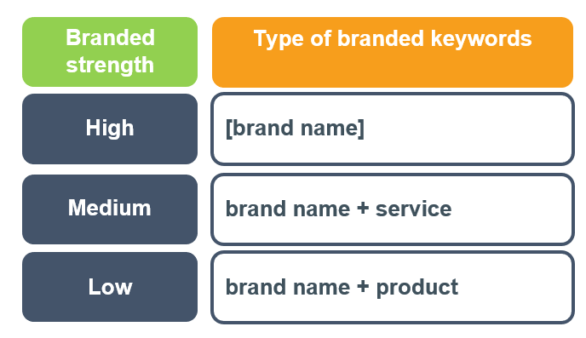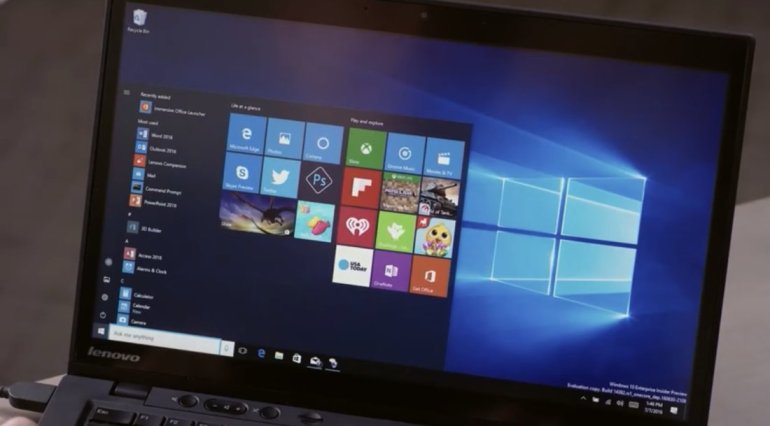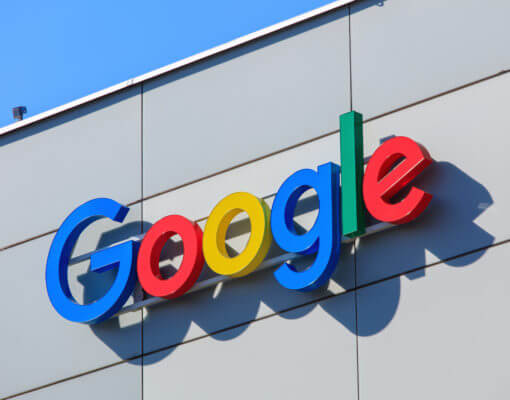New Facebook Features From F8 Include Timeline, “Liking As A Verb,” & More Engaging Apps
Today’s F8 had it all. A cameo from SNL’s Andy Samberg, glitzy new designs, cutting edge new features and compelling product videos. But what was actually announced? Here are the major takeaways from today’s conference: Timeline For all of those complaining about the new Facebook layout, don’t worry- its days are numbered. Today “Timeline” was […] Today’s F8 had it all. A cameo from SNL’s Andy Samberg, glitzy new designs, cutting edge new features and compelling product videos. But what was actually announced? Here are the major takeaways from today’s…
Read More










